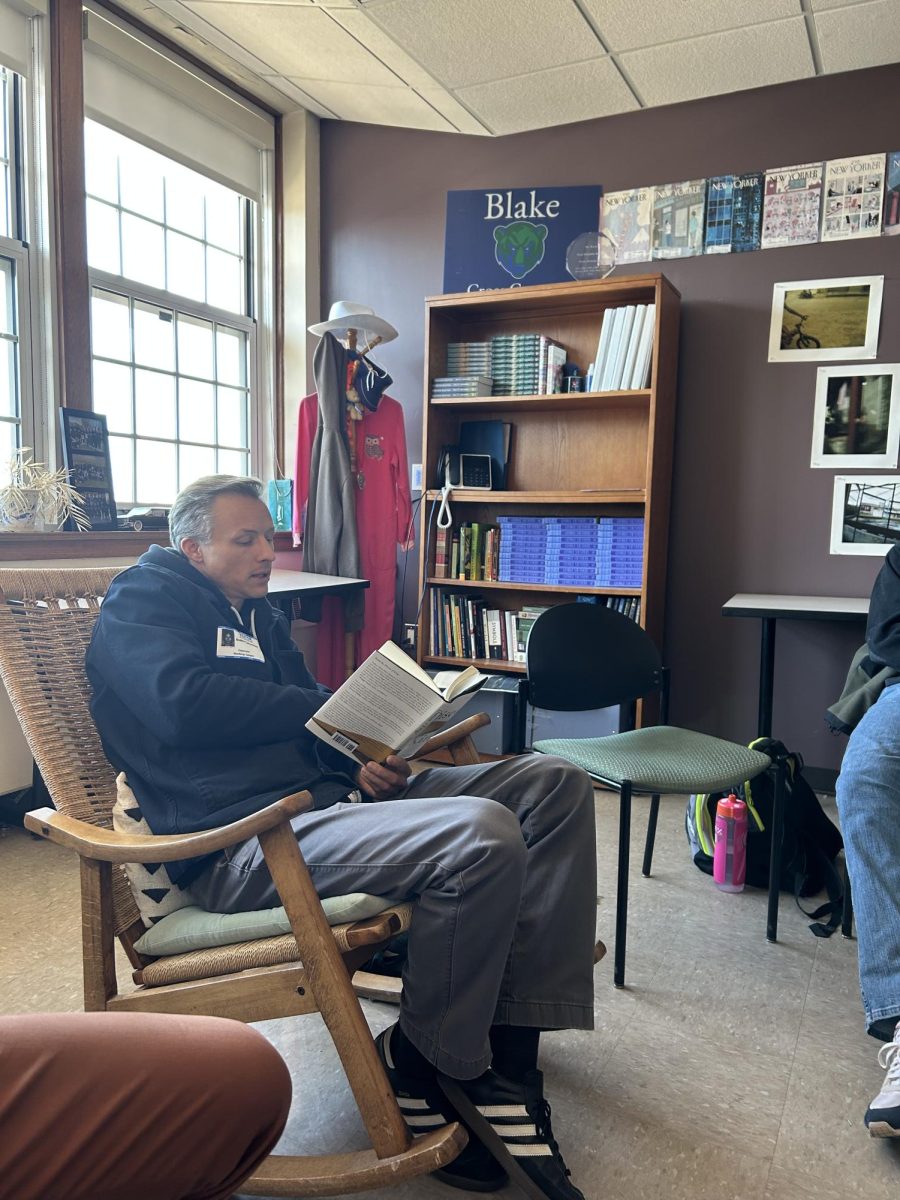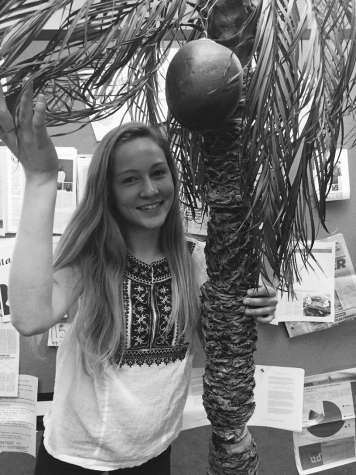Following this month’s InDepth, “Vaping Culture,” students, teachers, and parents alike have been questioning the realities behind this trend in our community. Associate Head of School, Dr. Anne Graybeal, comments on the subject in an interview with Spectrum
Q: What do you think about the trend of switching from cigarettes over to e-cigarettes, especially in adults?
A: “[I’m] no expert, but my thinking is that anything allowing a person to minimize their habit of smoking a traditional cigarette is a good thing, whether it be a nicotine patch or an e-cigarette. At the same time, nicotine products like vapes have all sorts of dubious chemicals in them still, so these definitely have to be weighed in; however, it seems like the lesser of two evils.”
Q: And how about recreational vaping throughout the teenage years?
A: “Vaping, even without nicotine, can be such an interesting rabbit hole. A person can make the argument that a vape without nicotine is like a candy cigarette. Broadly, I think it’s a good idea to stay away from any habit that is potentially going to get you addicted to a substance, even if it is seemingly innocuous as nicotine, or even just vaping water, which in and of itself seems to mimic smoking a cigarette. There are worse things for people to be doing, but either way [vaping] isn’t good.”
Q: Would you consider vaping, and more specifically the act of consuming nicotine, to act as a gateway drug?
A: “I’m not one to wave my hands in the air when it comes to gateway drug panic, but that being said, I don’t think it’s illogical to say that there is a connection between vaping and the willingness to smoke a cigarette, smoke a joint, smoke whatever else it might be. You don’t have to be a rocket scientist to see that one could follow from another.”
Q: Considering that nicotine is legal for students over 18, how does the school determine the regulation of nicotine?
A: “The school has said regardless of whether you’re over 18, we’re tobacco free on all campuses, and interestingly the Employee Handbook specifically bars e-cigarettes. The Family Handbook, which applies to students, does not. I absolutely see student use of e-cigarettes as violation the spirit or intentions of the Family Handbook. What an 18 year old does on their own time outside of school, that’s more of a conversation for them and their family.”
Q: How does Blake play a role in barring this trend?
A: “The best job for a school is to be counter-cultural and say that yes, there might be larger regional or national trends, whether it be with a second grader using a cellphone or a middle schooler using a vape pen, but based on our mission it’s ok for us to say create bright lines around expectations. I think that’s a core part of this larger cultural service that a school can offer.”


![Dr. Graybeal, Associate Head of School, meets with Spectrum to discuss vaping. Although e-cigarettes and vaping are not mentioned in the Family Handbook, "[Blake absolutely sees] student use of e-cigarettes as violation of the spirit or intentions of the Family Handbook."](https://www.blakespectrum.org/wp-content/uploads/2017/12/graybeal-900x600.jpg)






